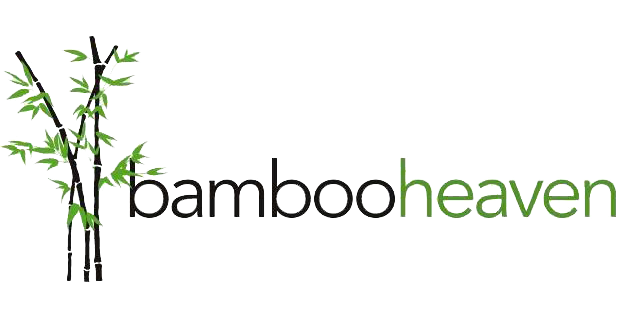Honey-based solution for cold sores just as effective as anti-viral treatments, research shows
A natural treatment for cold sores has been heralded as a game-changer not just in tackling a blistering infection, but changing the way alternative treatments are tested in New Zealand.
After more than three years, a trial led by researchers at the Medical Research Institute of New Zealand (MRINZ) has proven a medical-grade honey formulation derived from the kānuka tree is just as effective in treating cold sores as standard aciclovir cream.
While it's good news for the 30 per cent of people who suffer from recurrent attacks of cold sores, for lead researcher Dr Alex Semprini, it's been a chance to broaden the institute's scope.
About 30 per cent of people suffer recurrent attacks of cold sores with the standard treatment usually being over-the-counter aciclovir anti-viral creams.
"It's been a real opportunity for us to apply the research brush to a lot of products that often end up in shops with no real claims behind them."
READ MORE:
* HoneyLab kānuka honey a vanguard for pharmaceutical honey industry
The study was one of the largest cold sore trials ever undertaken worldwide, involving close to 1000 patients, recruited from 76 pharmacies throughout New Zealand.
Alexander Pharmacy in Wellington was one of 76 community pharmacies nationwide to take part in the clinical trial.
Alexander Pharmacy in Wellington recruited the largest number of patients – more than 60 – into the study which pharmacist Angela Liu put down to a simple sign-up process.
"People presented with a cold sore and asked for help then we would tell them about the clinical trial, which compares aciclovir to a more natural one [treatment]."
Patients were able to choose whether to take part and if they did, their medication, natural or otherwise, was free.
Dr Shaun Holt is the co-founder of Tauranga-based HoneyLab which manufacturers the cold sore treatment among other products.They were then randomly assigned either anti-viral aciclovir cream Viraban or the medical-grade kānuka honey cream Honevo and asked to apply it five times daily.
The Pharmacy Guild of NZ said the trial was "an ideal opportunity" for pharmacies to be directly involved in a research initiative, which they could now utilise the results of with future patients.
"Pharmacists are highly trained health professionals and can be seen without the need to book an appointment, so they are well-placed to consult patients on minor conditions such as cold sores," guild chief executive Andrew Gaudin said.
The results, published on Wednesday in the British Medical Journal Open, showed the honey formulation was just as effective as Viraban in the time it takes to reduce pain and heal a cold sore.
For HoneyLab co-founder Dr Shaun Holt, seeing his team's product proven so effective was an "exciting" moment and the result of many years of hard work.
"I would have been happy if it had shown any improvement at all [in treating cold sores] ... as a researcher this is the best thing that could happen."
Holt was initially inspired by honey's proven effectiveness in healing and saw an opportunity to tackle the tail end of the cold sore cycle rather than the first 12-24 hours.
Promising initial results led the company down the clinical trial path, with Holt keen to prove its effectiveness on a large sample.
"We had to reinvent the way clinical trials are done."
Semprini said it was unusual for a company selling an alternative medicine to undertake a randomised trial comparing its product with traditional pharmaceutical medicine.
"There are significant barriers relating to both cost and quality assurance in order to meet strict New Zealand regulatory requirements for clinical trials and, of course, there's always the risk the results may prove negative."
However, he said, the success of HoneyLab's product and establishment of a pharmacy trial model meant there was now a new cost-effective, efficient and high-quality way to test if commonly-used over-the-counter treatments actually worked.
"We now have the beginnings of an Australian arm to the network for trials this year on eczema and acne and have been working with the Pharmacy Guild here to develop formal professional development credits to pharmacists who take part in such studies".
Stuff NZ

